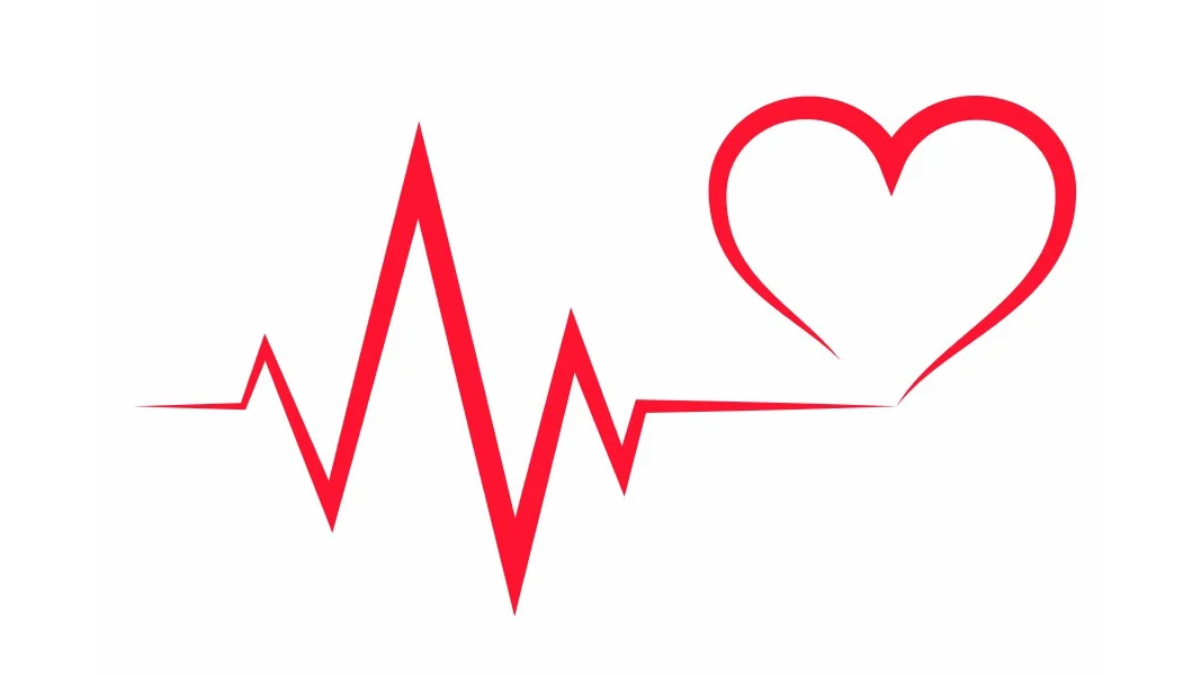New Straits Time(July 10, 2025)THERE is a complex network of electrical circuits or wires within our hearts that are responsible for controlling our heartbeat.
Cardiac arrhythmia is caused by abnormal electrical activity of these wires and, depending on the type of arrhythmia, it can result in an abnormally fast, irregular, or slow heartbeat.
An electrocardiogram (ECG) records the heart’s electrical activity and can be used to diagnose cardiac arrhythmia and other heart diseases.
A normal ECG has a consistent, predictable pattern, while an abnormal ECG indicates potential cardiac issues requiring further evaluation, said Northern Heart Hospital Penang consultant cardiologist and electrophysiologist Dr Tuan Jiun Haur.
Recognising these differences is critical for early diagnosis of arrhythmia and other cardiac problems.
A person experiencing a cardiac arrhythmia would display certain common symptoms, and these include palpitations (sensation of the heart beating rapidly), shortness of breath, chest pain, dizziness or even fainting.
“Although many forms of cardiac arrhythmia are benign, there are certain types of arrhythmias that are potentially life-threatening and may cause sudden death. It is therefore important to get assessed to determine the exact problem.”
Most cases of cardiac arrhythmia are not directly caused by or related to blockage of coronary arteries, although it is possible to find both problems co-existing in the same patient, he added.
Although some people may notice a link with certain triggers, symptoms of a cardiac arrhythmia are usually unpredictable, and no specific provocation factors can be found in most cases.
In most cases, patients will continue to intermittently experience symptoms if the condition is untreated, although some may not notice any symptoms after a while.
There is a small chance that overall cardiac function may become affected in the long term if the arrhythmia happens frequently enough, and this may lead to other complications, said Dr Tuan.
Treatment options depend on the type of cardiac arrhythmia. If the diagnosis is due to an abnormally fast or irregular heartbeat, options of taking medication or undergoing an electrophysiology study and an ablation procedure may be considered. If the problem is due to an abnormally slow heartbeat, then a permanent pacemaker implant may be required.


